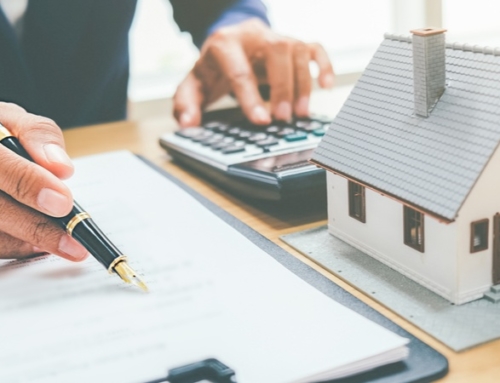Karen bought a two-family house ten years ago. She moved into one unit and rented out the other. Within two years, the other rent was nearly paying all of the expenses of the mortgage and taxes. Within five years, Karen was living rent free and collecting a little extra cash each month from her renter.
Newly married, she’s now ready to move into something larger. So she moved in with her husband and rented out the other unit. In addition to providing Karen with a sizeable amount of cash each month, her property has substantially increased in value.
Karen has discovered one of the great secrets of owning investment property: The best is yet to come.
Owning investment property can be a great experience, or a horrible one. If you do it right, you could build up enough equity to finance a string of investment properties. Or, you could end up with enough cash flow to allow you to live rent free or even quit your day job.
There is tremendous financial potential in owning investment real estate. But if things don’t go as planned, you could find yourself owning a property in a declining neighborhood, with tenants who either don’t pay on time or don’t pay at all. In this scenario, you’d wind up with all of the maintenance and upkeep expenses, with little or no rental income and plenty of legal bills.
If you’re thinking about getting in the game, it helps to keep in mind the following pointers:
-Location counts. While some investors like to speculate by buying real estate in up and coming neighborhoods, Bill, who with his brother owns dozens of buildings, believes that the best way to protect your investment is to purchase property in neighborhoods you know to be established and stable.
If you don’t like the neighborhood in which your property is located, chances are you won’t visit your property as often as you should.
Remember, when real estate agents talk about location, they aren’t simply asking which city, suburb or neighborhood you prefer, but the particular block and the property’s position on that block.
-Choose your tenant wisely. A common mistake investors make is to charge rent at the very top of the market range. Unless your unit is extraordinary, you may be setting yourself up for problems. Tenants who feel they’ve overpaid for an apartment are less likely to take good care of your property.
A better solution, investors say, is to charge either right at the market rent or slightly below it. If you write a good advertisement, you should have a large number of prospective renters knocking at your door.
Make sure you check their credit. You may also want to ask your prospective tenant for a reference. A former landlord can provide a wealth of information.
-Get it in writing. Perry and his mother have been renting out an investment apartment on a month-to-month basis. After giving the tenant 30-days notice, the tenant informed Perry he thought it was a 6-month rental.
Signed lease agreements are important. Be sure to write down the exact terms and condition of the rental, including any responsibilities the tenant has in maintaining the unit.
-Think about your renters. Property owners often forget that renters have the same basic concerns as home buyers. They worry about their commute and transportation options. They prefer to have a garage and additional storage space. They will pay more for a property that is neat, clean and has been renovated. Extra amenities, like a washer/dryer, work-out room, and outdoor space are a huge draw.
What investors sometimes forget is that it pays to be nice to your tenant. You need to keep your promises, such as repainting a dirty hallway or replacing an air conditioner. You must also quickly fix problems that could be hazardous, such as a faulty electric switch or a gas leak.
Make sure your tenant has the tools needed to complete the most basic of home maintenance problems, such as a decent plunger and a pair of pliers.
Taking care of the unit means you’re taking care of your tenant. By treating your tenant with respect, there is a better chance he or she will help you take care of your property.






Leave A Comment